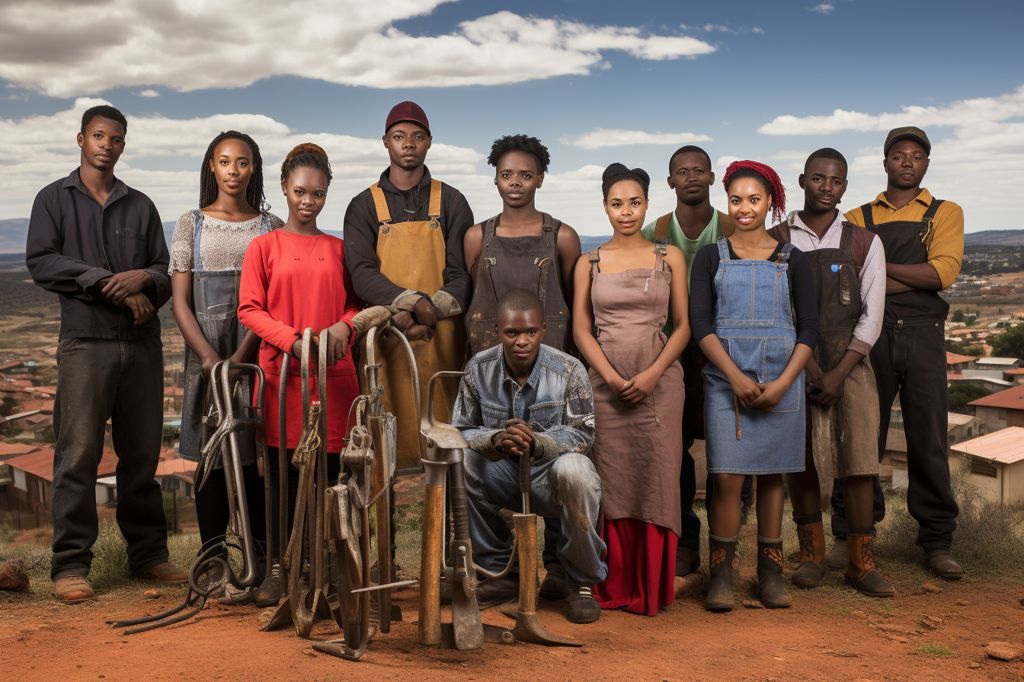President Cyril Ramaphosa recently addressed the National Rural Youth Service Corps (NARYSEC) Pass-out Parade, highlighting the importance of fostering a sense of civic responsibility and duty among South Africa’s youth, particularly in rural areas.
The NARYSEC Program
The NARYSEC program, in existence since 2010, aims to empower young people living in South Africa’s rural areas. This program addresses challenges such as high unemployment, limited access to tertiary education, and fewer economic opportunities compared to their urban counterparts. The program provides practical skills training in various sectors, equipping the youths with the necessary tools to contribute to their communities and the nation’s development.
Enabling Young People
Reflecting on the important role young people have played in South Africa’s journey towards democracy, President Ramaphosa acknowledged their talents, energies, and enthusiasm as essential ingredients for the nation’s progress. With this in mind, the government’s focus is on enabling young people to acquire the skills needed for employment or starting their businesses, especially in rural areas.
The District Development Model and the One Plan
This vision ties in with the District Development Model and the One Plan, which aim to provide equal opportunities for all, regardless of geographical location or socio-economic background. The NARYSEC program is one such initiative that seeks to ensure rural youth are not left behind.
Comprehensive Training
The program’s graduates have received comprehensive training from the Department of Defence in partnership with the National School of Government, National Youth Development Agency, and Road Traffic Management Corporation. This training covers practical skills in sectors such as agriculture, construction, energy, health, safety, and IT. Importantly, it also includes community and leadership development, as well as civic education.
Bringing Positive Change
These young people will now return to their provinces, where they will continue to develop their skills at Technical and Vocational Education and Training (TVET) colleges, agricultural colleges, and other institutions of higher learning. With these tools at their disposal, they are encouraged to bring about positive change in their communities and work with the government and other social partners to tackle poverty, unemployment, inequality, and underdevelopment in rural areas.
Overcoming Youth Unemployment
President Ramaphosa also extended an invitation to businesses and other organizations to support rural economic development by hiring these graduates and assisting them in starting their businesses. He emphasized that overcoming the challenge of youth unemployment requires a collective effort.
The NARYSEC program serves as a beacon of hope for South Africa’s rural youth. It empowers them with the skills and opportunities needed to make a meaningful impact on their communities and the nation as a whole. As President Ramaphosa aptly stated during the Pass-out Parade, “Let us build better, stronger, safer rural communities. Let us leave no one behind.”








